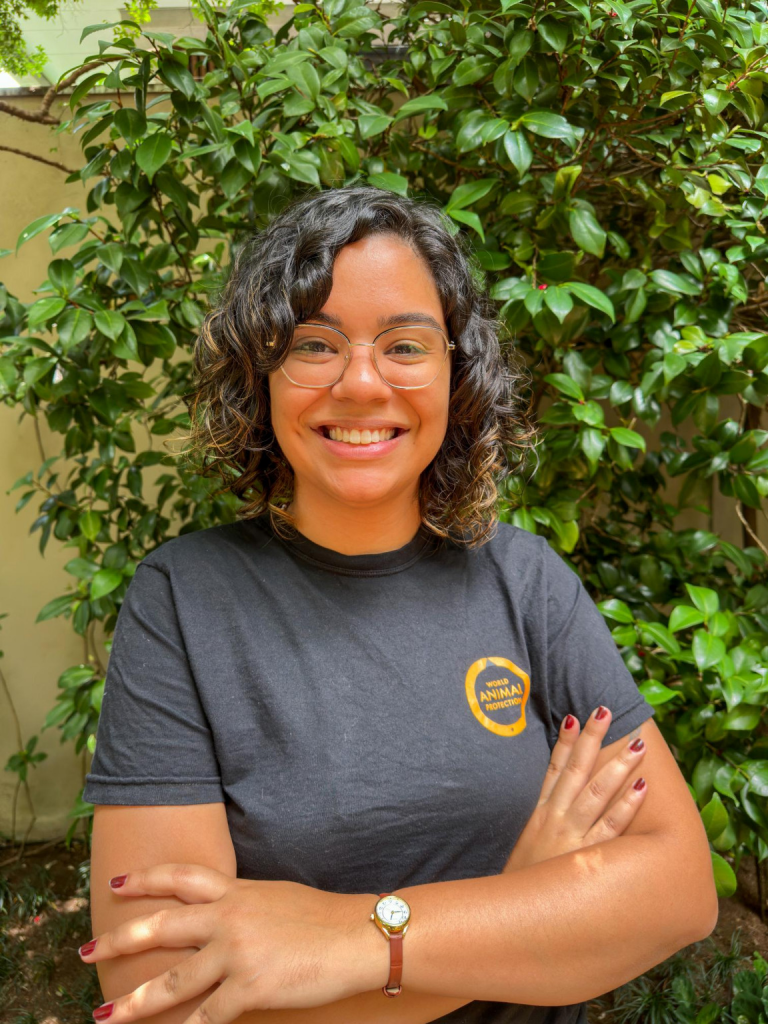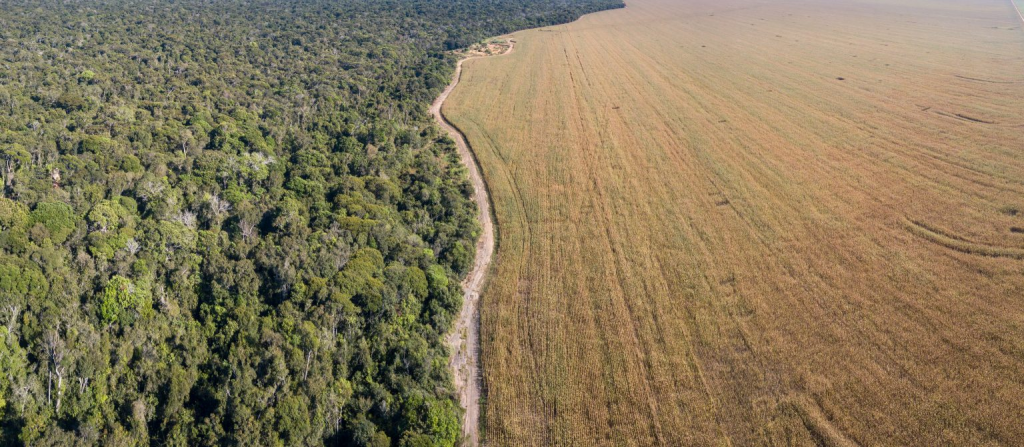500 days away from COP30, Belém has challenges beyond infrastructure
28 de June de 2024

Raisa de Araújo – From Cenarium
BELÉM (PA) – This Friday, the 28th, Belém do Pará begins a 500-day countdown to the 2025 United Nations Climate Change Conference (COP30), scheduled for November 2025. Amid million-dollar budgets for works to structure the city and great concern about the infrastructure of the capital of Pará, environmental activists have a bigger concern: the direction of the negotiations on financing that COP29, in Azerbaijan, will take, and which could define the revisions of the conference’s goals in Brazil.
The COP has two major moments: one at the end of the year, which is the conversation between the countries, where the negotiators meet, usually represented by ministries and diplomats from each country and sometimes with the presence of presidents or heads of state; and another, in the middle of the year, called the pre-COP, which takes place in Germany, in Bonn.
Natália Figueiredo, who holds a master’s degree in law from the Federal University of Rio de Janeiro (UFRJ) and is public policy manager at the NGO Animal Protection Worldwide, told CENARIUM that the talks on financing at this event were difficult, with no progress being made and no agreement on climate finance having been reached. For this reason, expectations for the event in Azerbaijan are high and will set the course for the COP30 discussions in Brazil.

“In November, the countries, including Azerbaijan, will have many issues to define. Issues such as the amount of funding, whether it will be through loans or not, still need to be resolved. This is an important point when we talk about climate, which involves many layers. The just transition to oil and livestock is a very important debate, but it needs financial resources to happen”, explained Natália.
COP in the Amazon
Considered a COP30 of target revisions or revisions of the Nationally Determined Contribution (NDCs), a major challenge will be to make progress on commitments to reduce emissions from Food Systems, which includes industrial farming and the intense deforestation of biomes caused by this activity and which are responsible for a third of greenhouse gas emissions, second only to the energy sector.
Brazil’s goal is to reduce greenhouse gas emissions by 48% by 2025, and by 53% by 2030, compared to 2005 emissions. In this way, Brazil is committing itself to more robust, gradual emission reduction targets with a view to achieving net zero emissions by 2050.
Natália Figueiredo points out that the Brazilian edition could be an opportunity for Brazil to lead by example, especially in reducing emissions from Food Systems. She explains that the amount of land currently used for livestock farming is more than enough to feed the world and that the best way forward is to adhere to agroforestry systems with ecological regeneration, which will ensure food sovereignty and protect the climate.

“Today, when we choose to produce food in the dynamics of what we call industrial livestock farming, putting millions of animals in confinement systems, without access to light, with a super precarious diet, with the aim of export and human nutrition, we can’t cope with the global need to change the way we produce this food. Today, we produce more food than we need for our global society and, at the same time, we see millions of people going hungry. So there’s a mismatch, a contradiction”, Natalia explains.
Just transition
Since COP23 in 2017, Food Systems have gained ground in climate discussions, with many advances, such as the creation of working groups on the subject and the Food Systems Declaration, which was proposed during COP28 in Dubai in 2023, where 160 countries committed to integrating agriculture into climate action.
The main defense of the NGO and other climate activist groups, therefore, is a just transition to sustainable food systems, but for that, money is needed, which is why the negotiations on financing in Azerbaijan this year are so important for defining the discussions at COP30 in Belem in 2024.
Read more: Minister says visitors shouldn’t expect COP30 as if it were in NY

